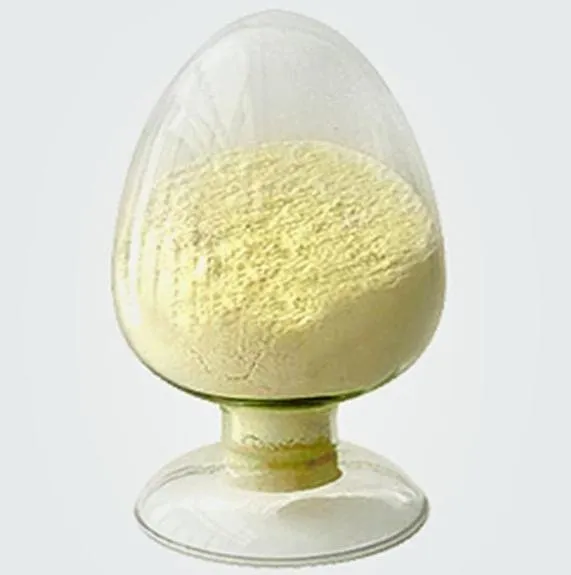Warning: Undefined array key "title" in /home/www/wwwroot/HTML/www.exportstart.com/wp-content/themes/1198/header.php on line 6
Warning: Undefined array key "file" in /home/www/wwwroot/HTML/www.exportstart.com/wp-content/themes/1198/header.php on line 7
Warning: Undefined array key "title" in /home/www/wwwroot/HTML/www.exportstart.com/wp-content/themes/1198/header.php on line 7
Warning: Undefined array key "title" in /home/www/wwwroot/HTML/www.exportstart.com/wp-content/themes/1198/header.php on line 7
- Afrikaans
- Albanian
- Amharic
- Arabic
- Armenian
- Azerbaijani
- Basque
- Belarusian
- Bengali
- Bosnian
- Bulgarian
- Catalan
- Cebuano
- China
- China (Taiwan)
- Corsican
- Croatian
- Czech
- Danish
- Dutch
- English
- Esperanto
- Estonian
- Finnish
- French
- Frisian
- Galician
- Georgian
- German
- Greek
- Gujarati
- Haitian Creole
- hausa
- hawaiian
- Hebrew
- Hindi
- Miao
- Hungarian
- Icelandic
- igbo
- Indonesian
- irish
- Italian
- Japanese
- Javanese
- Kannada
- kazakh
- Khmer
- Rwandese
- Korean
- Kurdish
- Kyrgyz
- Lao
- Latin
- Latvian
- Lithuanian
- Luxembourgish
- Macedonian
- Malgashi
- Malay
- Malayalam
- Maltese
- Maori
- Marathi
- Mongolian
- Myanmar
- Nepali
- Norwegian
- Norwegian
- Occitan
- Pashto
- Persian
- Polish
- Portuguese
- Punjabi
- Romanian
- Russian
- Samoan
- Scottish Gaelic
- Serbian
- Sesotho
- Shona
- Sindhi
- Sinhala
- Slovak
- Slovenian
- Somali
- Spanish
- Sundanese
- Swahili
- Swedish
- Tagalog
- Tajik
- Tamil
- Tatar
- Telugu
- Thai
- Turkish
- Turkmen
- Ukrainian
- Urdu
- Uighur
- Uzbek
- Vietnamese
- Welsh
- Bantu
- Yiddish
- Yoruba
- Zulu
Sep . 24, 2024 20:54 Back to list
propylene glycol vegan
Is Propylene Glycol Vegan? Understanding Its Origins and Uses
In recent years, there has been an increasing interest in veganism and plant-based lifestyles, leading consumers to scrutinize not only the food they eat but also the ingredients found in personal care products, pharmaceuticals, and even industrial applications. One ingredient that often comes up in discussions about vegan-friendly products is propylene glycol. This article explores what propylene glycol is, its origins, and whether it is considered vegan.
What is Propylene Glycol?
Propylene glycol is a synthetic organic compound, classified as a diol, which means it contains two hydroxyl (–OH) groups. It is a colorless, odorless liquid that is hygroscopic, meaning it can absorb moisture from the environment. Its chemical formula is C3H8O2, and it is produced from petroleum or natural gas. Although it is mainly utilized in the food industry, propylene glycol also has applications in pharmaceuticals, cosmetics, and even as an antifreeze agent.
Uses of Propylene Glycol
In food, propylene glycol serves several functions it acts as a food additive, a humectant (which helps retain moisture), and a solvent for flavorings. It is generally recognized as safe (GRAS) by the U.S. Food and Drug Administration (FDA), which is crucial for its approval in food applications. In personal care products, such as lotions and shampoos, it is used as a moisturizer, helping to keep products from drying out and maintaining their texture. In pharmaceuticals, it's often found in topical medicines and oral solutions, where it helps to stabilize the formula and enhance absorption.
propylene glycol vegan

Is Propylene Glycol Vegan?
The core of the question surrounding propylene glycol's vegan status lies in its production. As mentioned, propylene glycol is primarily synthetically produced, primarily from petroleum sources or through the fermentation of plants. However, the majority of commercial propylene glycol is derived from petrochemical sources. While the process is not inherently animal-based, it does rely on non-renewable fossil fuels.
For most vegans, the crucial factor remains whether the ingredient is derived from animal sources or involves animal testing. Since propylene glycol is made from a chemical process not involving animals, it is generally considered vegan-friendly. However, concerns often arise if the final product, such as a food item or cosmetic, has been tested on animals—a decision made by manufacturers rather than the propylene glycol itself.
Conclusion
In conclusion, propylene glycol is predominantly vegan, as it is synthetically produced and does not contain any animal-derived ingredients. However, consumers seeking vegan products should remain vigilant about the overall formulation of products, including other ingredients and the manufacturer's testing practices. As awareness about vegan lifestyles continues to grow, it becomes essential for consumers to educate themselves about the ingredients in their products. By doing so, they can make informed choices that align with their ethical and dietary preferences.
In light of this, most vegans can consume food or use personal care items containing propylene glycol with confidence, provided that the entire product aligns with their ethical standards. As always, reading labels and being aware of sourcing can help ensure that choices reflect one’s vegan values.
Latest news
-
Certifications for Vegetarian and Xanthan Gum Vegetarian
NewsJun.17,2025
-
Sustainability Trends Reshaping the SLES N70 Market
NewsJun.17,2025
-
Propylene Glycol Use in Vaccines: Balancing Function and Perception
NewsJun.17,2025
-
Petroleum Jelly in Skincare: Balancing Benefits and Backlash
NewsJun.17,2025
-
Energy Price Volatility and Ripple Effect on Caprolactam Markets
NewsJun.17,2025
-
Spectroscopic Techniques for Adipic Acid Molecular Weight
NewsJun.17,2025

